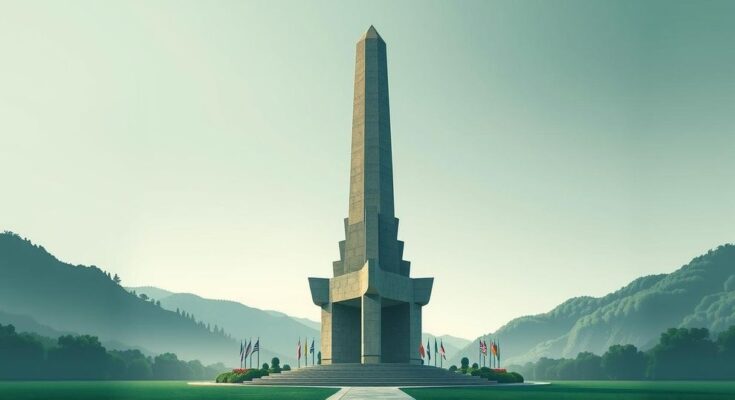Lebanon has appointed new army and security leaders to strengthen state authority in the southern region following conflicts with Hezbollah and Israel. This move follows the election of President Joseph Aoun and aims to bolster military presence and resolve ongoing disputes.
Lebanon has appointed a new army chief and the leaders of three security agencies as part of an initiative to strengthen state authority, especially in the southern regions, in light of recent conflicts involving the militant group Hezbollah and Israel. These appointments follow a political breakthrough in January that resulted in the election of President Joseph Aoun, a former army chief, and the establishment of a new government under Prime Minister Nawaf Salam.
The appointments occur after a U.S.-brokered ceasefire was agreed upon in late November, concluding nearly 14 months of conflict between Hezbollah and Israel, which escalated following a military incursion by Hamas into Israel on October 8, 2023. Israel’s military responded with airstrikes and shelling in Lebanon, leading to a full-scale war that commenced in September.
In conjunction with the announcement of new military leaders, President Aoun revealed that five Lebanese nationals, captured by Israeli forces during the conflict, had been released through indirect negotiations. Morgan Ortagus, the former deputy special envoy for the Middle East, stated that the detainees included a mix of soldiers and civilians and expressed hope for resolving pending territorial disputes between Lebanon and Israel.
The newly appointed military leadership includes General Rudolph Haikal as army chief, Brigadier General Edgar Lawandos leading State Security, Brigadier General Hassan Choucair as head of General Security, and Brigadier General Raed Abdullah heading Internal Security Forces. Additionally, Lebanon plans to recruit 4,500 soldiers this year to enhance the military’s operational presence in the southern region.
In summary, Lebanon’s recent appointments of military and security leaders are a strategic move aimed at consolidating state authority in the wake of Hezbollah’s conflict with Israel. Following the political changes and the end of a protracted military engagement, these steps reflect an effort to bolster security and military capabilities in southern Lebanon. The continued focus on military recruitment further underscores the government’s commitment to enhancing its defense posture.
Original Source: www.independent.co.uk




